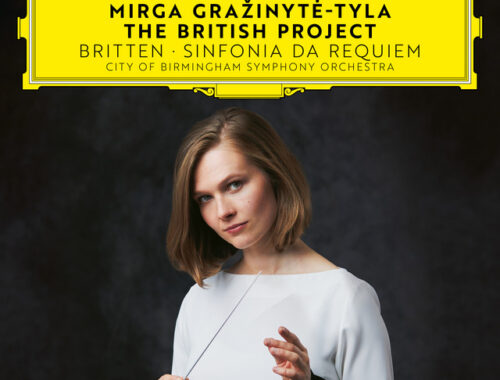Verdi “Rigoletto”, Royal Opera House
Distressed and decaying amidst crumbling masonry Michael Vale’s brutalist set tilts and turns towards catastrophe like some sort of post-modernist installation. The Court of Mantua is a world off its axis in David McVicar’s much-revived staging of Verdi’s Rigoletto and as this world fornicates its way to extinction it’s as if the roaring boys from McVicar’s recent Rakes Progress in Scotland are on an away-day from Glasgow. John Eliot Gardiner conducts this revival with urgency and impulse, his signature insistence on rapier-like reflex and keen rhythm really bringing those imperative accompagnati off the page. When the hapless Rigoletto turns accusingly on his cruel courtiers in act two Verdi’s blistering string figurations convey desperation before a word is sung.
Gardiner’s energy finds its match in Vittorio Grigolo’s swaggering, posturing, Duke who struts his stuff and then some. But the singing here was, for all its fanciful nuances, fitful and coarse, the sound breathily coming and going, the upper register forceful and pushed. Yes, it’s exciting, full-on in every sense, and yes, elements of vulgarity in the way the Duke might be expected to sing are entirely in keeping. But it’s beginning to sound affected and effortful to the extent that even the grand-standing pay-off of “La donna e mobile” was there only by dint of determination and by the skin of his teeth. He needs to rein something in if he is going to have a hope of longevity.
In the title role no one could accuse Dimitri Platanias of not giving his all, either. There are some fabulous notes here, notes which deliver anguish and defiance in equal measure; there is the potential for real vulnerability, too, in his tender deployment of the head voice. But what there isn’t as yet is a true and affecting legato. All the notes are there – they just need joining up; and the artistry implicit in that needs to mirror the emotion.
Ekaterina Siurina (Gilda) manages this delicate balance with some aplomb: “Caro nome” offered agility and amplitude, the cadenza technically terrific and rapturous. Indeed, her knowingness and his “inarticulate” rawness made for an interesting dynamic in those great father/daughter duets. They are the heart and soul of this wonderful piece and as McVicar’s grim dystopian vision never ceases to remind us, they are pretty much the only hope it offers.
You May Also Like

GRAMOPHONE COLLECTION: Bernstein’s Mass
19/08/2020
A Streetcar Named Desire, Young Vic
02/08/2014